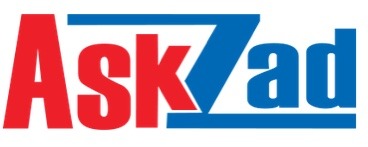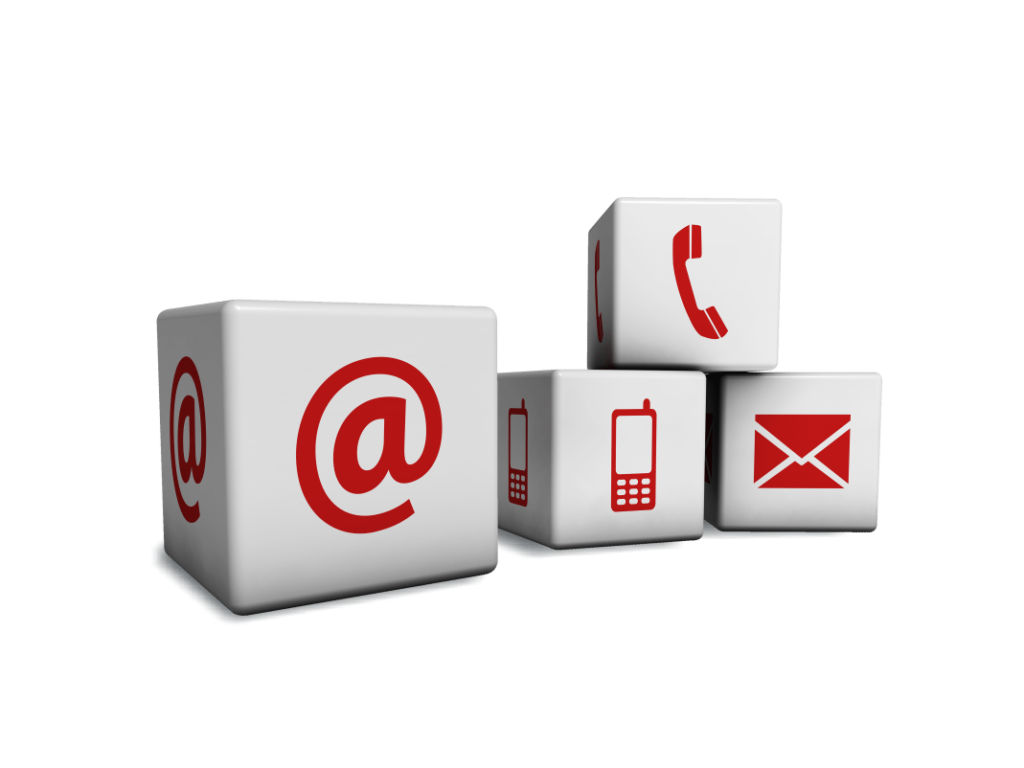Revue Politiques
Politiques de la revue scientifique
1) Les politiques de la revue en matière de paternité et de contribution :
- La revue adopte une politique d'accès libre à ses publications, afin que tous les contenus soient librement accessibles à ses utilisateurs sur le site officiel de la revue lors de la publication du numéro, en partant du principe que rendre la recherche scientifique gratuite pour le public sert de plus en plus plus d'échange de connaissances et de science entre les êtres humains.
- La revue a une licence LOCKSS et une licence CLOCKSS pour le stockage (archivage) et la distribution du contenu de la revue, lien pour archiver la revue
https://uojawjournals.education/index.php/jwrs/gateway/lockss
- La revue s'appuie également sur Open Journal Systems (OJS) Open Journal Systems qui est une application logicielle open source et des revues savantes. Il est utilisé par plus de 25 000 revues dans le monde et le libre accès peut augmenter le nombre de lecteurs de la revue ainsi que sa contribution au bien public. à l'échelle mondiale.
- Les utilisateurs sont autorisés à lire, télécharger, copier, distribuer, imprimer, rechercher et trouver les textes intégraux des articles publiés sans l'autorisation préalable de l'éditeur ou de l'auteur de la publication, qui est conforme à la définition BOAI du libre accès.
- La recherche doit être soumise via le site Web de la revue.
- Le rédacteur en chef, en consultation avec les membres du comité de rédaction, sélectionne des arbitres pour une recherche unique
- Les articles de recherche sont soumis à un arbitrage confidentiel pour déterminer leur validité en vue de leur publication.
- L'auteur est lié par les notes des arbitres, et après acceptation envoie une copie finale modifiée, il peut alors obtenir une lettre acceptant sa recherche pour publication dans la revue.
- Lorsqu'une décision d'acceptation de la publication de la recherche est rendue, le chercheur n'a le droit de la soumettre pour publication dans aucun autre lieu qu'après un délai déterminé par le comité de rédaction de la revue. Le chercheur doit poursuivre ses recherches, notamment en ce qui concerne les modifications. Toutes les idées de la revue expriment les opinions de ses auteurs et ne reflètent pas le point de vue de la revue.
- La revue comprend une indexation complète des recherches sur son site Web officiel
- La revue envoie des avis et des instructions postales aux auteurs et aux arbitres tout au long du déroulement de l'arbitrage et de la publication de la recherche.
- La revue soutient l'apparition de recherches sur le site en plusieurs langues.
- Le chemin de recherche définit 4 étapes ; Présentation, arbitrage, audit, production.
- Les fichiers cochés sont convertis en galères dans des formats - HTML, XML, PDF, etc. De plus, l'auteur a la possibilité de revoir ces panneaux. Une fois que tout le monde est satisfait du résultat, le travail est programmé pour publication dans un prochain numéro
- Les auteurs sont autorisés à publier leur recherche telle quelle en ligne après l'avoir publiée sur le site Internet de la revue avec indication du nom de la revue.
- Les articles soumis à la revue ne doivent pas avoir été publiés auparavant sous leur forme actuelle ou sous une forme substantiellement similaire, ou être à l'étude pour publication dans une autre revue.
2) Comment le journal traitera-t-il les plaintes et les appels :
- Il appartient au droit d'auteur et aux autres utilisateurs du site Web de la revue de soumettre des plaintes, des appels et des suggestions.
- La revue s'engage à répondre aux plaintes, appels et suggestions.
- Les plaintes, appels et suggestions sont envoyés via WhatsApp ou les e-mails du journal :
Appels WhatsApp depuis l'extérieur des États-Unis, veuillez appeler le 001-313-676-6330
Depuis les États-Unis, veuillez appeler le 011-313-676-6330
Courriel : uojaw@uojaw.education ou americanuniversity.jw@gmail.com
Voir les coordonnées via le lien suivant : https://uojawjournals.education/index.php/jwrs/about/contact.
3) Politiques de la revue sur les conflits d'intérêts / Conflits d'intérêts :
- La revue adhère à une politique d'absence de conflit d'intérêts entre les éditeurs et les arbitres, entre les auteurs et entre les institutions liées à la recherche, qui ont toutes sortes de relations ; relations de coopération, de concurrence ou autres.
- L'arbitre doit éviter d'arbitrer des mémoires de recherche ayant des buts et des intérêts personnels ou des intérêts d'institutions.
- L'auteur doit divulguer tout conflit d'intérêts, financier ou autre, qui pourrait affecter les résultats de la recherche.
- Toutes les informations indiquant l'identité de l'auteur sont supprimées de la recherche.
- Les commentaires et demandes de modification sont adressés à l'auteur sans dévoiler son identité.
- Il est interdit aux arbitres de communiquer directement avec les auteurs concernant leurs recherches, les auteurs étant contactés par la rédaction de sa juridiction.
- L'engagement de la direction de la revue à une confidentialité totale sur les informations des auteurs et les informations des arbitres.
- Interdire complètement à la direction de la revue et à ses arbitres d'accepter tout type de cadeaux associés à la publication de recherches.
4) Politiques des journaux sur le partage et la répétabilité des données :
- La revue s'engage à la stricte confidentialité de toutes les données et informations de ses utilisateurs. 29. Pleine adhésion à la non-divulgation des données des arbitres, des auteurs et de tous les utilisateurs de la revue et de leurs adresses électroniques enregistrées sur le site de la revue.
- Les données des utilisateurs du site Web de la revue seront utilisées aux fins stipulées par la revue, et aucune autre partie n'en bénéficiera.
- La revue interdit que les données des auteurs soient partagées jusqu'à ce que leurs recherches soient publiées sur le site Web de la revue.
5) Politique de la revue sur le contrôle éthique :
- L'auteur mentionne les références ou la documentation de manière appropriée aux termes de la revue, avec une liste de références qui comprend des livres, des publications, des sites Web et d'autres chercheurs cités ou mentionnés dans le texte de recherche.
- L'auteur doit marginaliser et documenter sa recherche en se référant aux propriétaires des informations qu'il a utilisées dans sa recherche.
- La revue a le droit d'utiliser un logiciel de détection de plagiat pour les travaux soumis pour publication. 35. Lorsque l'auteur découvre des erreurs dans sa recherche ou dans une partie de celle-ci, il doit immédiatement en aviser le rédacteur en chef de la revue ou l'éditeur, et coopérer pour corriger l'erreur.
- L'auteur ne peut pas soumettre la même recherche à plus d'une revue ou conférence, et cela est considéré comme un comportement contraire à l'éthique et inacceptable.
- La politique de la revue rejette tout acte contraire à l'éthique de copie ou de plagiat sous quelque forme que ce soit.
- La soumission d'un auteur déjà publié sans aucune modification du texte, de l'idée et des règles est un plagiat complet.
6) Politique de la revue sur la propriété intellectuelle :
- La propriété intellectuelle de la recherche appartient à l'auteur, mais le droit d'auteur appartient à la revue.
- L'auteur doit obtenir une licence de l'administration de la revue en tant que propriétaire de la publication afin de réutiliser le contenu de sa recherche.
- L'éditeur sera indemnisé si l'auteur viole la politique de publication concernant le droit d'auteur de la revue.
- Les auteurs peuvent télécharger, imprimer ou sauvegarder leurs recherches à des fins de promotion scientifique, de recherche scientifique ou d'enseignement.
7) Options de journal pour les discussions et les corrections post-publication :
- Les rédacteurs et leurs assistants peuvent ouvrir des dialogues privés entre eux ou avec les arbitres ou avec les auteurs via le site Internet de la revue.
- Les auteurs ne peuvent pas créer de dialogues ou communiquer directement avec les arbitres via le site Web de la revue.
- Le journal inclut l'inclusion des noms des auteurs contribuant à la recherche.
- Les auteurs partagent la responsabilité collective du contenu de leur recherche si une plainte est déposée contre eux.
- Il est possible de supprimer ou d'ajouter le nom de certains auteurs lors de la phase de modification de la recherche, sur la base d'une lettre explicative et de documents justifiant et justifiant légalement.
- Il n'est pas acceptable de modifier le contenu de la recherche après sa publication sur le site Web de la revue.
- Les auteurs doivent envoyer des documents et des données liés à leur recherche (échantillons, dossiers, etc.) pour vérifier la validité des résultats si cela leur est demandé.
- S'il s'avère que la recherche publiée contient du plagiat scientifique, elle est immédiatement supprimée du numéro et du site Web, et des excuses officielles sont présentées au propriétaire original de la recherche, l'auteur étant suspendu de la publication dans la revue pour une période de trois ans.








